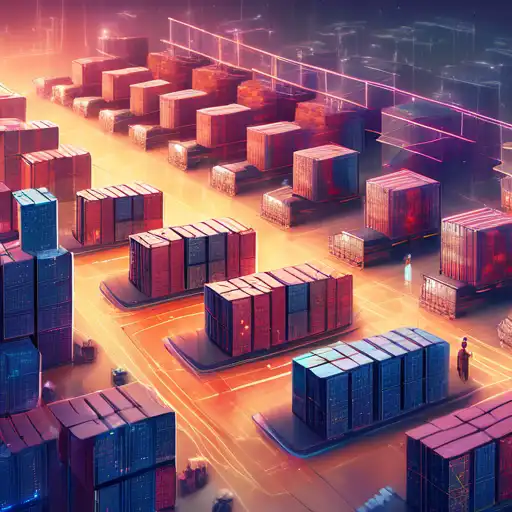The Transformative Impact of Blockchain on Supply Chain Management
In the digital age, blockchain technology is emerging as a revolutionary force in transforming supply chain management. By offering unparalleled transparency, security, and efficiency, blockchain is setting new standards for how goods are tracked and transactions are recorded across global supply chains.
Understanding Blockchain in Supply Chains
At its core, blockchain is a distributed ledger technology that allows data to be stored globally on thousands of servers. This makes it nearly impossible for one entity to gain control of the network or manipulate the data. In the context of supply chains, this technology ensures that every transaction or movement of goods is recorded in a secure and immutable manner.
Key Benefits of Blockchain for Supply Chains
- Enhanced Transparency: Every participant in the supply chain can access the same information, reducing communication errors and delays.
- Improved Security: The decentralized nature of blockchain makes it highly resistant to fraud and cyber attacks.
- Increased Efficiency: Smart contracts automate transactions and processes, reducing the need for manual intervention and speeding up operations.
- Better Traceability: From raw materials to finished products, every item can be tracked in real-time, ensuring authenticity and compliance.
Real-World Applications
Several industries are already leveraging blockchain to revolutionize their supply chains. For example, in the food industry, blockchain is used to track the journey of products from farm to table, significantly reducing the risk of contamination and spoilage. Similarly, in the pharmaceutical sector, it ensures the authenticity of drugs, combating counterfeit medications.
Challenges and Considerations
Despite its potential, the adoption of blockchain in supply chains is not without challenges. Issues such as scalability, interoperability, and the need for standardization across industries must be addressed to fully realize its benefits. Moreover, the technology requires significant investment in infrastructure and training.
The Future of Blockchain in Supply Chains
As technology continues to evolve, the integration of blockchain in supply chains is expected to deepen. With advancements in IoT and AI, the potential for creating more autonomous and efficient supply chains is immense. The future lies in harnessing these technologies together to build more resilient, transparent, and sustainable supply chains.
For more insights into how technology is shaping the future of industries, explore our technology trends section.
